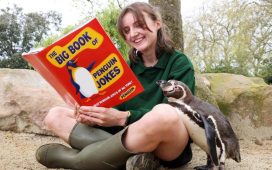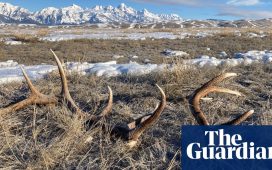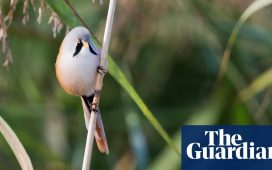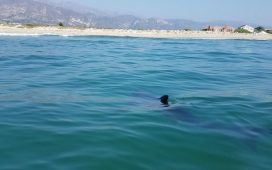Devastating bushfires in Australia have left koalas ‘functionally extinct’, experts now believe.
It’s estimated 1,000 koalas have died in blazes that have ravaged parts of eastern Australia for weeks.
Fire crews have been trying to rescue injured wildlife from the wreckage, with devastating pictures showing burnt and bloodied koalas crying out for water.
Deborah Tabart, the chairman of the Australian Koala Foundation, said the fires have destroyed 80 per cent of the koala’s habitat, which has already been hit by a prolonged drought and deforestation.
Tabart told the Daily Mail: ‘If we combine all of the estimated deaths of koalas in the bushfires, there could be 1,000 koalas that have been killed in the last two months.’
Tabart said it can take eucalyptus trees – a koala’s main source of food – ‘months to grow back’, and she has urged the Australian Prime Minister Scott Morrison to take action.
Earlier this month Tabart explained what it means for a species to be functionally extinct.
She told news.com.au: ‘Functionally extinct means that a koala living today might have one joey and that joey may or may not have a joey, if they don’t, that’s functionally extinct.
‘We think there’s no more than 16-18,000 koalas in the whole of New South Wales… So to lose a population of that size in a stronghold is disastrous.’
With such a small population, the koala can’t play a significant role in their ecosystem, which makes the long-term viability of the species unlikely.
This comes as an online fundraiser for the injured koalas has received more donations than any other campaign on the country’s GoFundMe platform this year.
A crowdfunding page set up by Port Macquarie Koala Hospital to provide automatic water drinking stations for the bears asked for $25,000 (£13,000).
But within weeks donations soared past $1m (£520,000), making it the country’s second largest fundraising campaign since GoFundme was launched there in 2016.
More than 700 bushfire-related fundraisers were launched on the platform in the past 10 days, raising a combined total of more than £1m.
However, the wildlife charity’s ‘Help thirsty koalas devastated by recent fires’ drive has attracted the most attention, with generous donations from people all over the world raking in $1,260,180 (£665,709).
The blazes have so far killed six people, ravaged hundreds of homes and scorched about 1.5 million hectares (3.7 million acres) of land since October.
The koala hospital, north of Sydney, has rescued 31 koalas from the fires in recent weeks, and said it had been ‘overwhelmed by the kindness, good wishes and support from the Australian and international community’.
It plans to use the excess funds to deliver koala drinking stations to other parts of the state, purchase a water-carrying vehicle to replenish the stations, and to establish a koala breeding programme.
The extent of the blaze means large tracts of the tree-dwelling koala bears’ habitat has been destroyed.
The hospital said they will build a ‘Koala Ark’ for recovering koalas until they are well enough to breed and be returned to the wild.
You can donate to their GoFundMe page here















